For many years, medical doctors and research scientists believed the human brain had a limited capacity to undergo self-renewal as it aged, where unlike other organs of the body, loss of a cell to death or damage is not followed by growth of replacements. But according to a recently-released study, the neurons making up the bulk of the brain might actually be replenished well into adulthood. As such, perhaps the public service messages advising people that you only get a fixed amount of brain cells and therefore should not use illicit drugs and alcohol because they kill neurons may be in error.
To better understand the research and its significance, here is some background information on the architecture of the human brain.
The hippocampus, a structure at the base of the brain, is responsible for producing new neurons (the cells of which the brain is composed). More specifically, a module of the hippocampus called the dentate gyrus is the site of neuron production. Until this recent study, scientists speculated that humans stop generating new neurons in adolescence, based on findings from rodents and non-human primates.
In fact, another study published just prior to the current one reported that neuron production does stop by our teenage years. Thus, the new findings have been met with a certain degree of skepticism by the scientific community, especially as both studies examined similar types of post-mortem brain tissue from nearly the same number of persons (~28 people) and roughly the same span in age (18-77 and 14-79 years of age). So, which study should we believe? How could two laboratories arrive at such distinct conclusions?
The prior report published by Sorrells et al. (2018) that nixed the idea of adult neurogenesis performed similar analyses as the current study. This group did not see young neurons or neurogenesis in the hippocampus much beyond the first years of life, in contrast to the later study which found evidence of neurogenesis persisting into old age or at least into the teenage years.
This is somewhat consistent but also contrasts with other investigations going back several decades employing different organisms. For example, rats and birds have been shown to experience limited to no adult neurogenesis, while frogs and zebrafish do.
The more recent study published by Bodrini et al. (2018) followed a similar methodology with two fundamental differences.
First, the brain tissue examined in this study was from individuals who were healthy at the time of death. In contrast to prior investigations, tissue samples were excluded from persons with medical/psychological histories that could be potentially confounding to the interpretation of the data, including neurological disease, psychiatric disorders, drug addiction, mental deficits, and compromised immune systems. The Sorrells study used brain samples from individuals that were either healthy or stricken with epilepsy.
Second, the researchers evaluated more aspects of the brain tissue than in previous studies. They not only looked for young neurons, but they also examined the degree of maturity of the neurons present, their number, and the relative volume of the tissue.
The researchers also examined the level of new blood vessel formation that could potentially account for why people in advanced years develop certain mental deficits despite neurogenesis continuing. This last point turned out to be critical as the Boldrini study found that formation of new blood vessels did decline with age, while the degree of neurogenesis and hippocampal tissue volume remained constant in adults well into their 80s.
These results also have possible applications that are just as exciting. For instance, the decline in blood vessel synthesis with age concurrent with decreasing cognitive and emotional function could point the way to new therapies for neurological diseases such as Alzheimer’s Disease as well as a variety of psychiatric conditions.
New research will be necessary to evaluate whether the stimulation of new blood vessels (a process called angiogenesis) will allow the constant pool of young neurons to counter age-related mental problems better. The authors of the current report described in the discussion section that they are already gearing up to investigate the impact of angiogenesis on mental deficits that occur with age.
The controversy over whether neuronal development persists into old age is not likely to subside any time soon. Despite that, these findings represent a perfect instance where science can course correct itself when discoveries demonstrate that previous beliefs were faulty. And in the meantime, in the event of a zombie apocalypse, the elderly may have reason to fear that their brains might be just as appetizing as the maturing brains of a teenager.






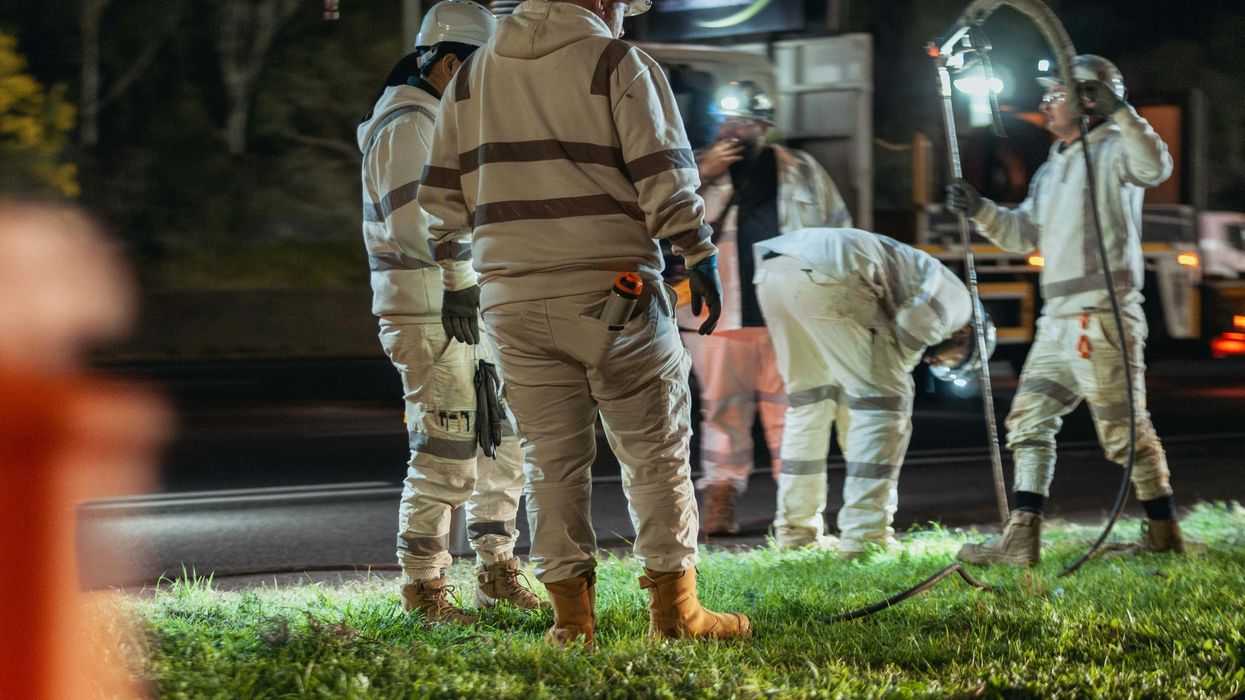
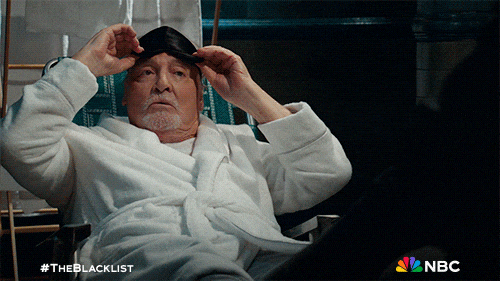 The Blacklist Sleep GIF by NBC
The Blacklist Sleep GIF by NBC  Tired At Home GIF
Tired At Home GIF 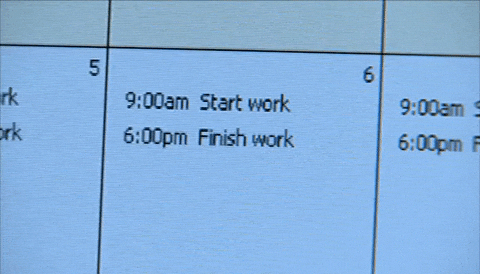 GIF by The Hills
GIF by The Hills  Tired Day Off GIF by Pudgy Penguins
Tired Day Off GIF by Pudgy Penguins  Lonely Car GIF by Boy Tillekens
Lonely Car GIF by Boy Tillekens 
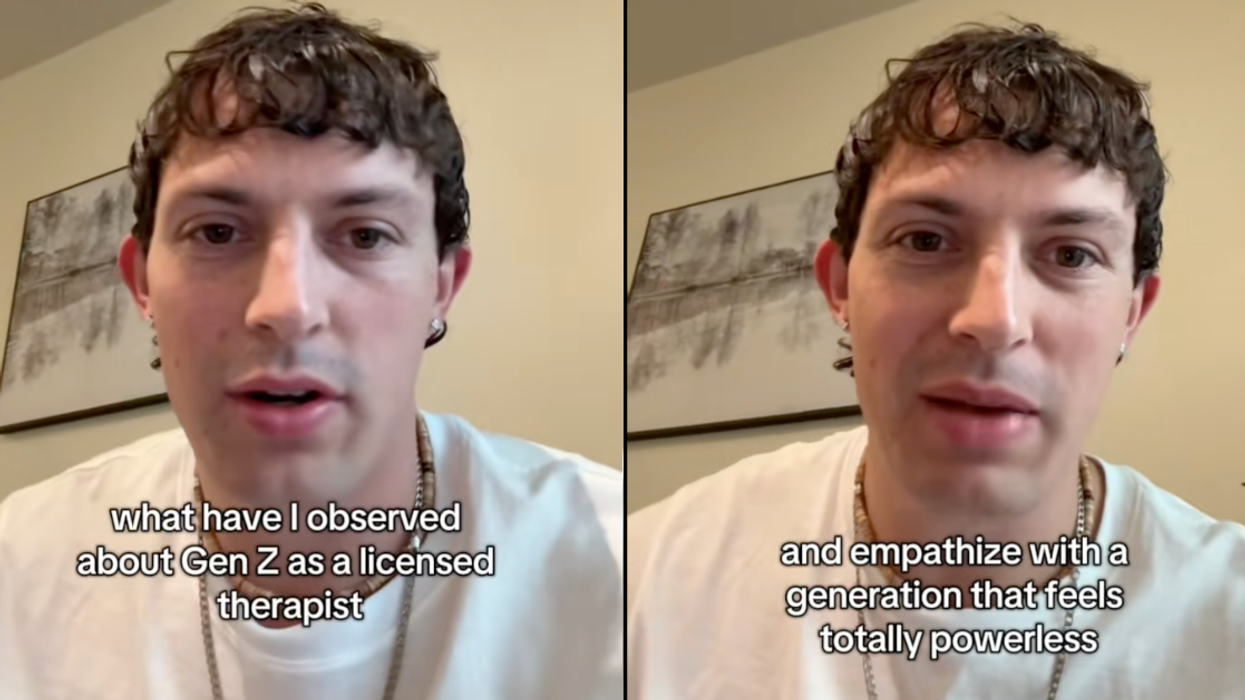

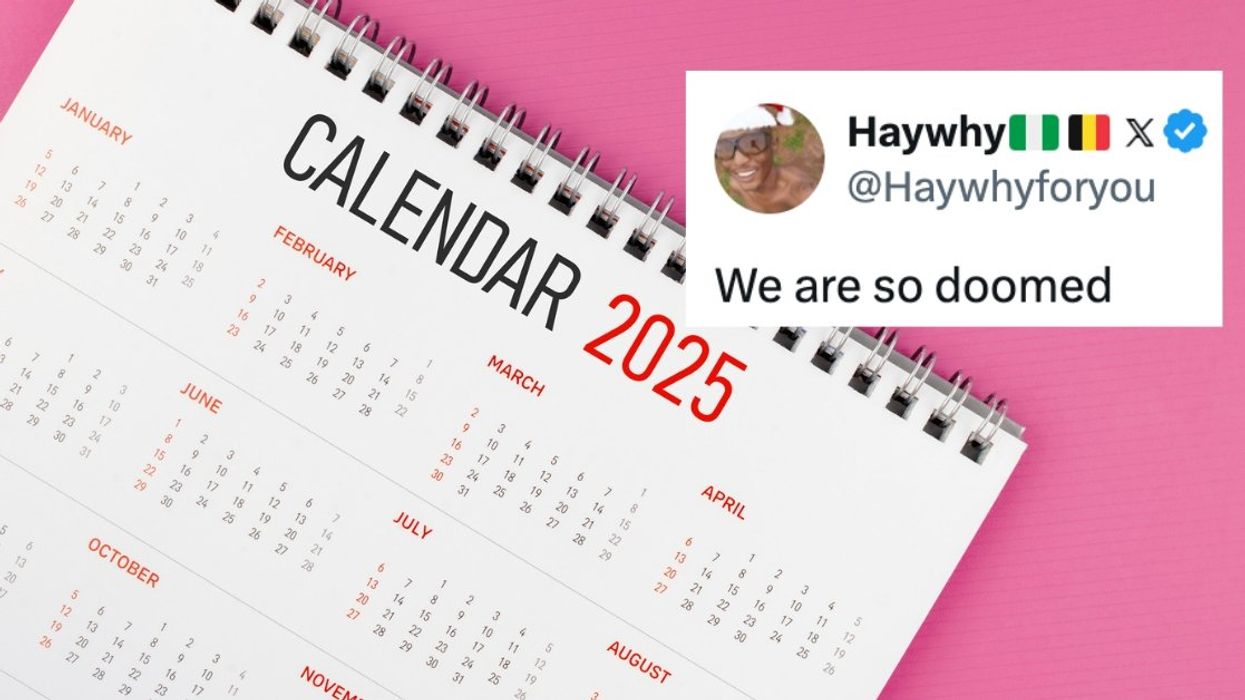



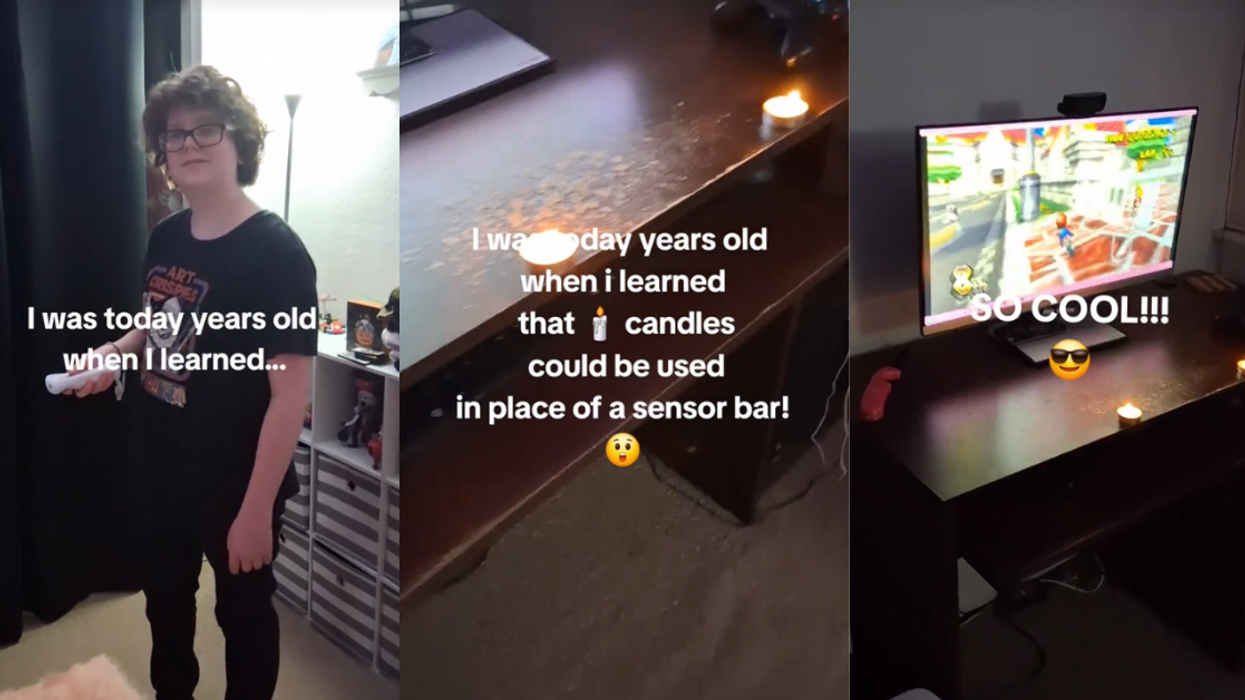
 @jamescastiglione/TikTok
@jamescastiglione/TikTok @jamescastiglione/TikTok
@jamescastiglione/TikTok @jamescastiglione/TikTok
@jamescastiglione/TikTok @jamescastiglione/TikTok
@jamescastiglione/TikTok @jamescastiglione/TikTok
@jamescastiglione/TikTok @jamescastiglione/TikTok
@jamescastiglione/TikTok @jamescastiglione/TikTok
@jamescastiglione/TikTok @jamescastiglione/TikTok
@jamescastiglione/TikTok @jamescastiglione/TikTok
@jamescastiglione/TikTok @jamescastiglione/TikTok
@jamescastiglione/TikTok

 @moderncone/TikTok
@moderncone/TikTok @moderncone/TikTok
@moderncone/TikTok @moderncone/TikTok
@moderncone/TikTok @moderncone/TikTok
@moderncone/TikTok @moderncone/TikTok
@moderncone/TikTok @moderncone/TikTok
@moderncone/TikTok @moderncone/TikTok
@moderncone/TikTok @moderncone/TikTok
@moderncone/TikTok @moderncone/TikTok
@moderncone/TikTok @moderncone/TikTok
@moderncone/TikTok @moderncone/TikTok
@moderncone/TikTok